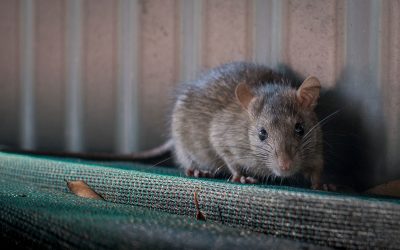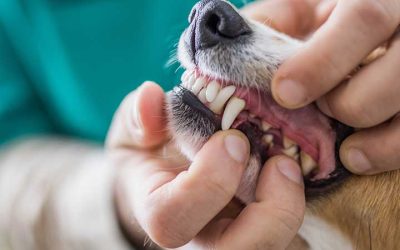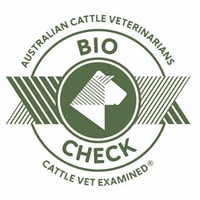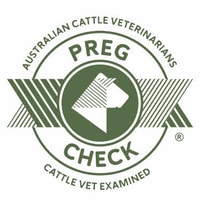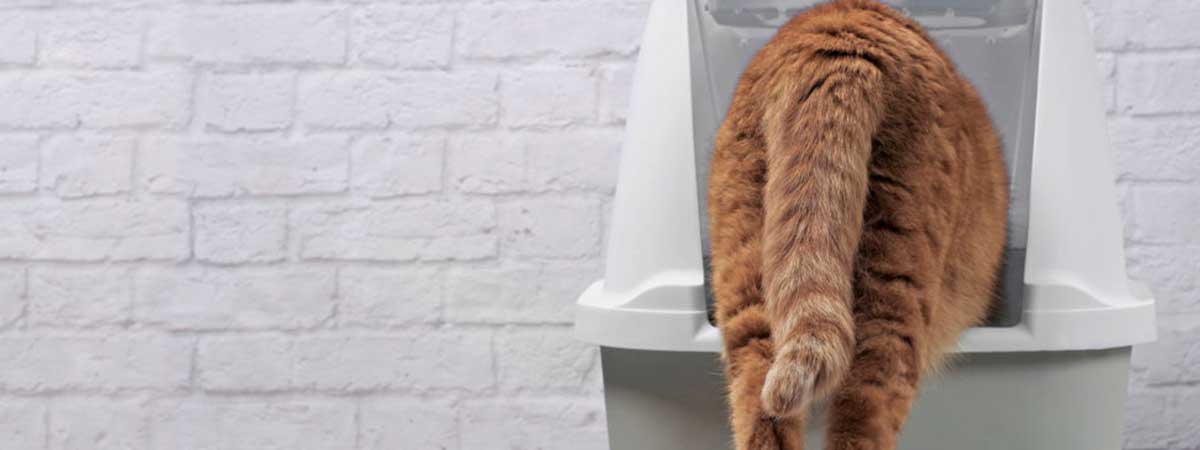
Urinary blockages in cats are often referred to as ‘blocked bladders’ and ‘urethral obstructions’.
This is a common, potentially life-threatening condition, especially amongst neutered male adult cats and overweight cats.
A urinary blockage can completely prevent your cat from urinating, causing damage to the urinary tract, a back-up of urine in the bladder which can lead to a build-up of toxins in the bloodstream and cause kidney failure. In severe cases, the cat’s bladder can eventually rupture.
A cat with a urethral obstruction can become critically ill very quickly.
How does it happen?
There are several different causes for a urethral obstruction:
- The formation of urethral plugs (a build-up of sludge-like material caused by excess protein and minerals)
- Urinary stones or crystals
- Narrowing of the urinary tract (from scar tissue or a tumour)
- Lower urinary tract disease (leading to swelling or involuntary spasms)
What are the symptoms?
It is vital to act quickly if you suspect your cat is suffering from a urinary blockage. Some key symptoms to watch out for include:
- Frequent trips to the litter box
- More frequent grooming of the rear-end
- Difficulty urinating (very little urine being excreted)
- Vocalisation during attempted urination (pain)
- Swollen/firm abdomen that is painful to touch
- Lethargy
- Vomiting
- Disorientation
- Inability to stand
How is a blocked bladder treated?
Depending on the severity of the urinary blockage, your vet may treat your cat with intravenous fluids, medication to prevent urethral spasms, and pain management medication. Your cat may need to stay in hospital to be treated. If the blockage is severe, it will need to be physically relieved through catheterisation under general anaesthesia. The bladder will then be flushed to remove excess urine and any crystalline material.
Your vet may also run a number of tests to determine the cause of the urinary blockage, using ultrasound, x-rays, and specific blood tests.
If your cat displays any of the above symptoms, make sure to call us straight away on 07 4693 2233 as this condition is very serious and patients can quickly deteriorate.
RELATED ARTICLES
Rat Bait Toxicity
Take care when choosing rodenticides this winter as it could mean the difference between life or death of your pet. Not all baits are equal in their toxicity and you should always refer to the ingredients listed on the product. There are three key types of Rat Bait:...
Calving – When to intervene
The most common reason for calf losses in the cattle industry are calving difficulties, known as dystocia. In order to recognise dystocia promptly, an understanding of the normal calving process is necessary. The more difficult the calving; the greater the risk of...
Discount desexing
This Winter we are offering our annual 20% off de-sexing’s for both dogs & cats from 1st June to 31st July. If it's something you have been putting off then wait no longer! ADVANTAGES OF DESEXING Reduction in vet bills by reducing the following health conditions;...
The Importance of Dental Care for Your Pet
Did you know that 80% of dogs and 70% of cats over three years of age have some form of dental disease? Dental disease can not only be painful and uncomfortable for pets, but the procedure to clean and remove teeth becomes more complicated and often more costly to...
RELATED
ARTICLES
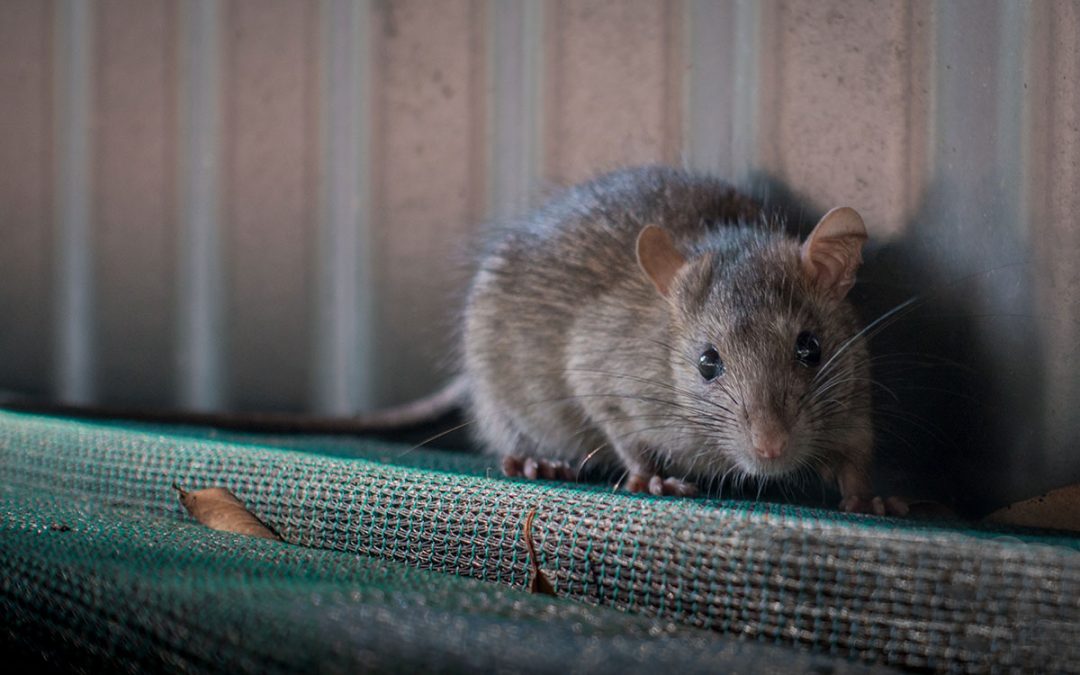
Rat Bait Toxicity
Take care when choosing rodenticides this winter as it could mean the difference between life or death of your pet. Not all baits are equal in their toxicity and you should always refer to the ingredients listed on the product. There are three key types of Rat Bait:...
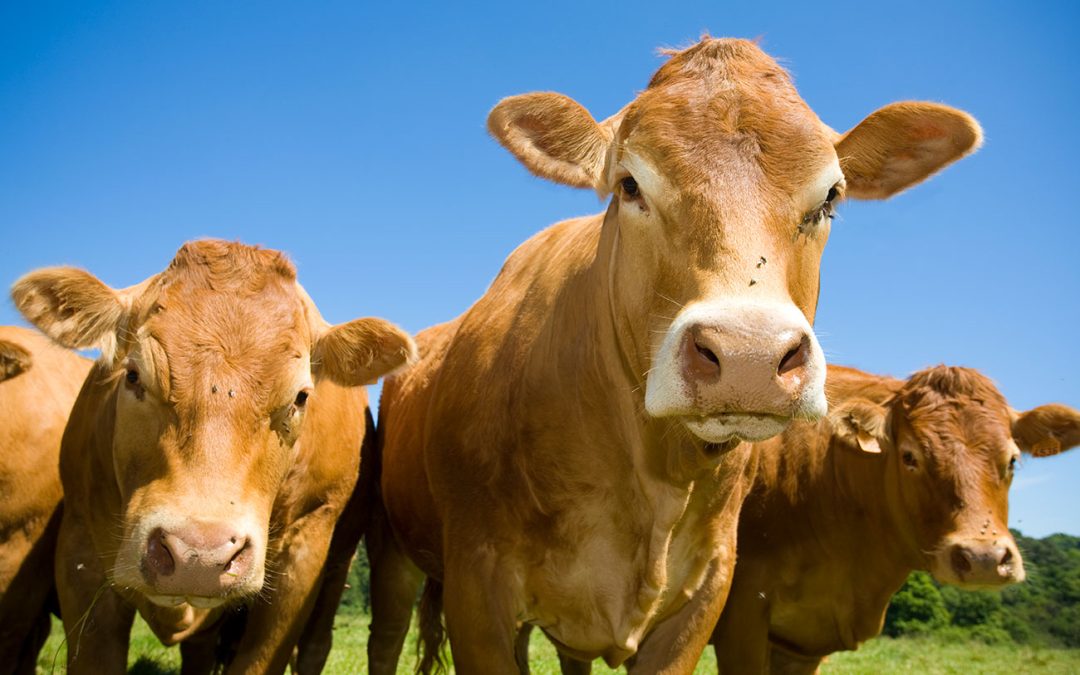
Calving – When to intervene
The most common reason for calf losses in the cattle industry are calving difficulties, known as dystocia. In order to recognise dystocia promptly, an understanding of the normal calving process is necessary. The more difficult the calving; the greater the risk of...
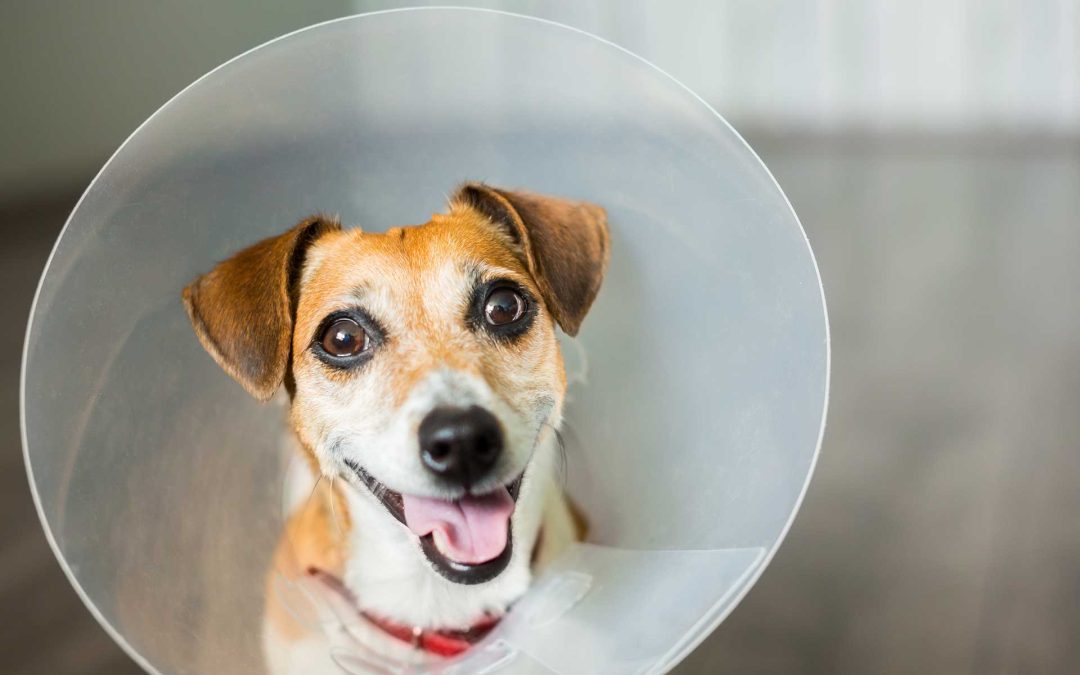
Discount desexing
This Winter we are offering our annual 20% off de-sexing’s for both dogs & cats from 1st June to 31st July. If it's something you have been putting off then wait no longer! ADVANTAGES OF DESEXING Reduction in vet bills by reducing the following health conditions;...
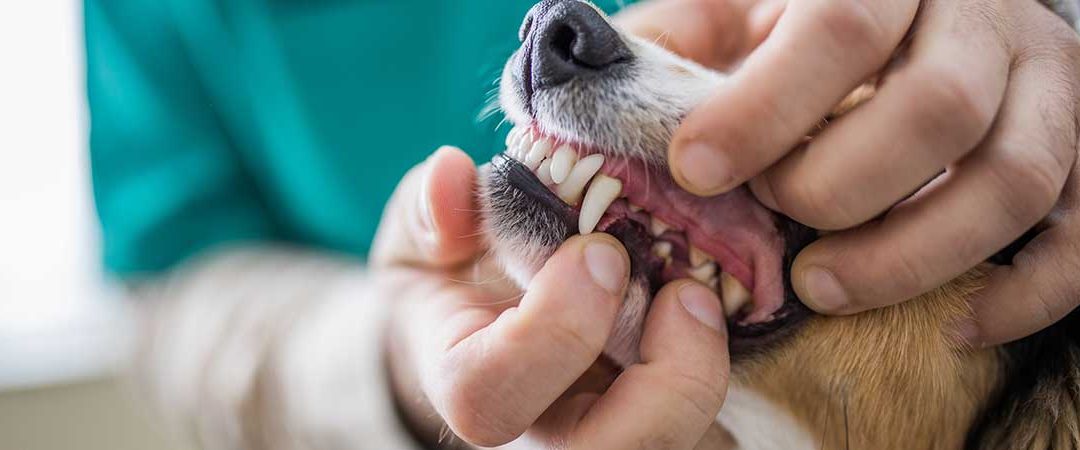
The Importance of Dental Care for Your Pet
Did you know that 80% of dogs and 70% of cats over three years of age have some form of dental disease? Dental disease can not only be painful and uncomfortable for pets, but the procedure to clean and remove teeth becomes more complicated and often more costly to...
Call Us Today To Discuss Your Animal Needs
Business Hours Phone: 07 4693 2233




